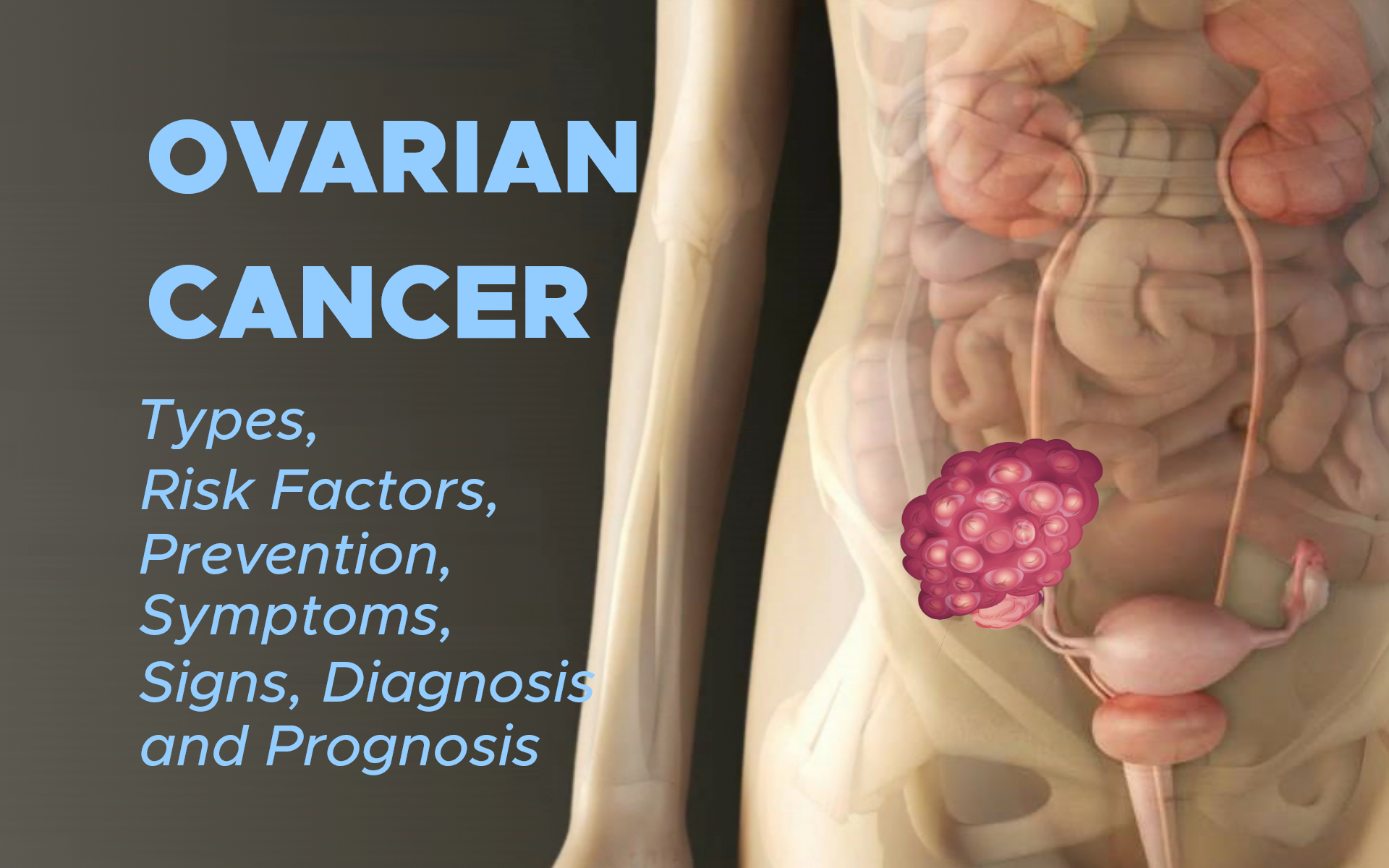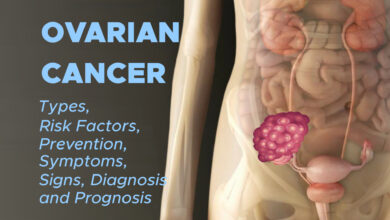
Symptoms and Signs of the Ovarian Cancer
Ovarian cancer can be hard to find in its earliest stages. That’s because the symptoms are often vague until these diseases are advanced. However, early-stage ovarian cancer versus advanced-stage ovarian cancer is not just a factor of delayed diagnosis but also of biology.
Most stage I ovarian cancers are clear cell, endometrioid, and mucinous with only a small percent being high-grade serous cancers (HGSC). The most advanced-stage ovarian cancers, however, are HGSC.
It is rare for women with ovarian cancer do not to have any symptoms. However, it’s also important to note that these symptoms are not specific to ovarian cancer and may be caused by a different medical condition that is not cancer. Often symptoms between early- and late-stage ovarian cancer will be similar.
Symptoms for ovarian cancer may include:
- Abdominal bloating
- Pelvic or abdominal pain
- Difficulty eating or feeling full quickly
- Urinary symptoms, such as urgency or frequency
- Fatigue
- Upset stomach
- Indigestion
- Back pain
- Pain with intercourse
- Constipation
- Menstrual irregularities
- Swelling in the pelvis or abdomen
- Vaginal discharge, which may be clear, white, or tinged with blood
For many women, these symptoms can be caused by reasons not related to ovarian cancer and can occur often. However, women need to acknowledge these symptoms if they begin and are different from what is normal for their bodies.
Women who have any of the symptoms listed above every day for more than a few weeks should see their primary care doctor or a gynecologist. A gynecologist is a doctor who specializes in treating diseases of the female reproductive organs.
Early medical evaluation may help find cancer at the earliest possible stage of the disease when it is easier to treat successfully.
Your doctor will ask how long and how often you’ve been experiencing the symptom(s), in addition to other questions. This is to help figure out the cause of the problem, called a diagnosis.
If the doctor diagnoses cancer, relieving symptoms remains an important part of cancer care and treatment. This may be called palliative care or supportive care. It is often started soon after diagnosis and is continued throughout treatment.
Be sure to talk with your health care team about the symptoms you experience, including any new symptoms or a change in symptoms.
